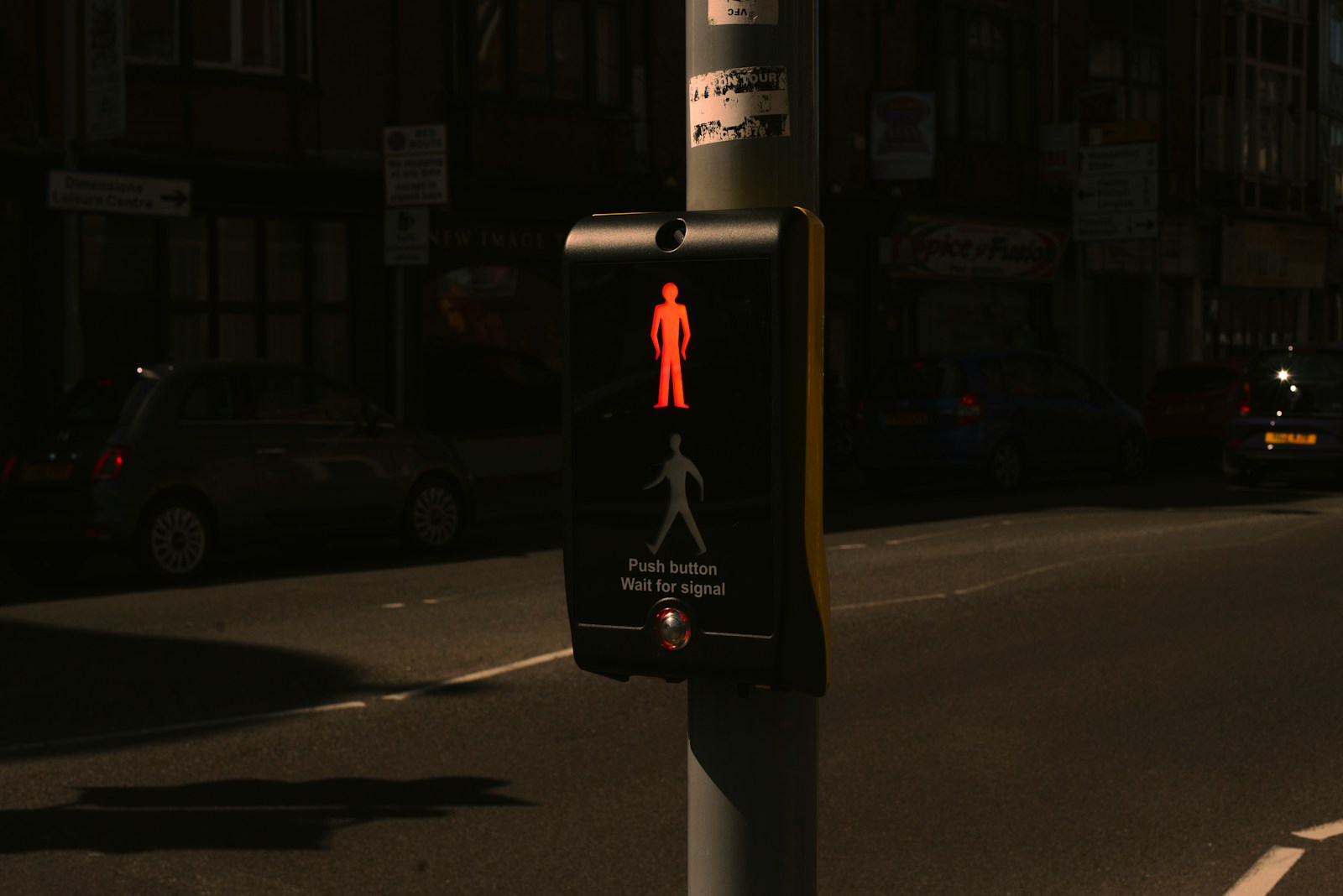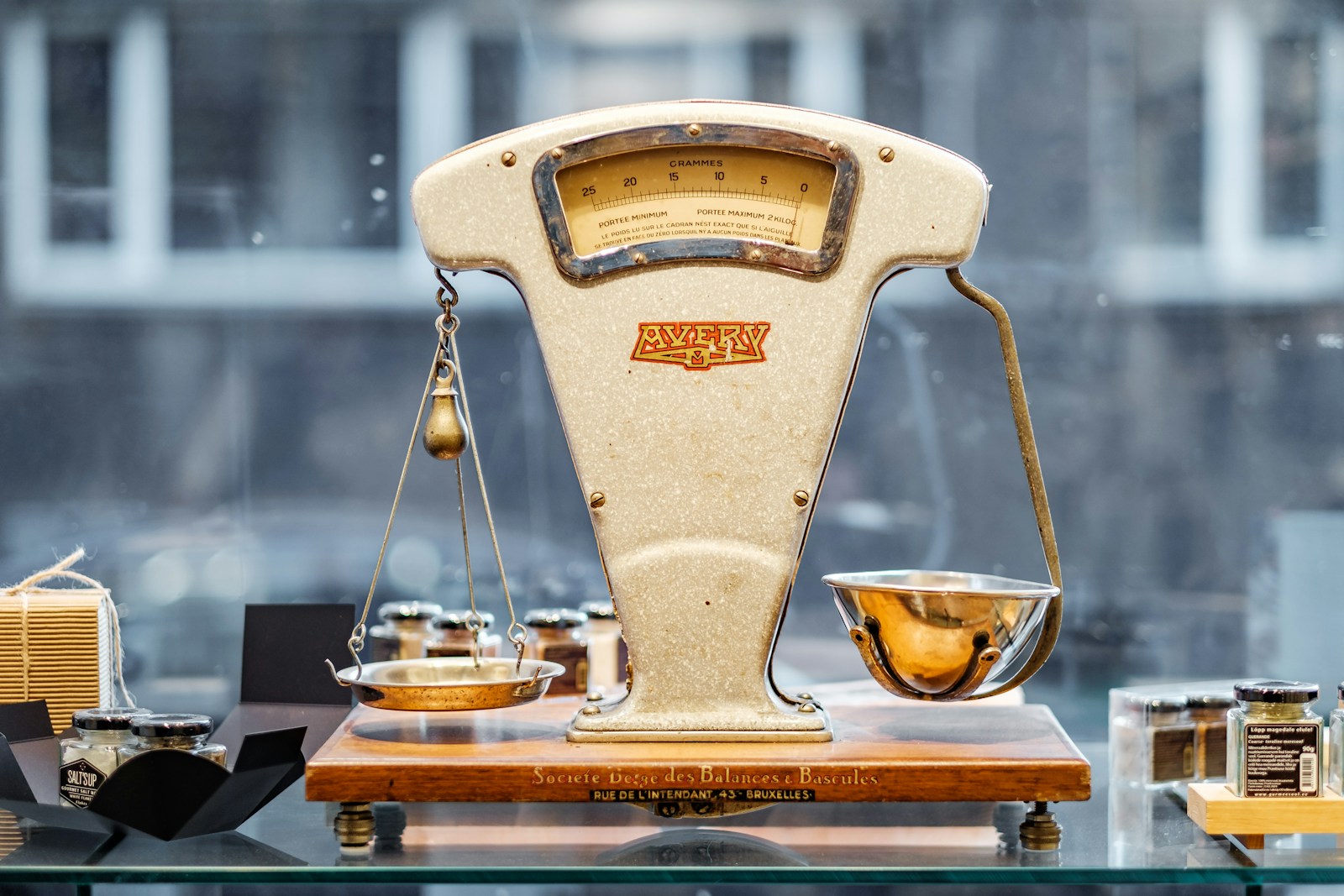In trading, the ability to stay disciplined is critical for success. One of the most common psychological challenges traders face is exiting trades too early—closing a position before it has had the chance to reach its full potential. This behavior, often driven by fear or impatience, can lead to missed opportunities and frustration.
In this article, we will explore the psychology behind premature exits, the consequences of this behavior, and strategies to help traders develop the patience and discipline needed to let trades play out according to plan.
What Causes Premature Exits?
Premature exits are rarely the result of poor strategy; they are often driven by emotional and psychological factors. Here are some of the most common reasons traders close trades too early:
1. Fear of Losing Profits
As a trade moves into profit, the fear of giving back those gains can become overwhelming. Traders may exit prematurely to “lock in” small profits, even when the trade has the potential for much larger gains.
2. Fear of Reversal
Markets are inherently volatile, and small pullbacks can trigger panic. Traders often interpret these movements as signs of an impending reversal, prompting them to exit prematurely.
3. Impatience
When trades take longer than expected to play out, impatience can set in. Traders may close their positions out of frustration or boredom, especially in slow-moving markets.
4. Lack of Confidence in the Strategy
Doubts about the reliability of a trading plan or strategy can lead traders to second-guess their decisions. This lack of confidence often results in closing trades too early.
5. Emotional Overhang from Previous Trades
Losses or missed opportunities from prior trades can carry over into current trades. This emotional baggage may cause traders to act defensively, cutting winners short to avoid the pain of potential losses.
6. Chasing Perfection
Some traders expect the “perfect” trade where price moves immediately and smoothly in their favor. Any deviation from this ideal scenario can trigger an early exit.
The Consequences of Premature Exits
Exiting trades too early can have several negative effects on both your trading performance and psychology:
1. Missed Opportunities for Larger Gains
Premature exits mean leaving money on the table. Over time, this habit can significantly reduce overall profitability.
2. Poor Risk-to-Reward Ratios
By closing trades early, traders may consistently sacrifice their reward-to-risk ratio. This makes it harder to achieve long-term profitability.
3. Reinforcement of Negative Habits
Each time a trader exits prematurely and avoids a perceived loss, the behavior is reinforced. Over time, this becomes a cycle that is difficult to break.
4. Emotional Frustration
Watching a trade move in the anticipated direction after exiting too early can lead to regret, self-doubt, and frustration. These emotions may carry over into future trades.
5. Erosion of Confidence
Consistently cutting trades short undermines confidence in your strategy and decision-making abilities.
How to Avoid Premature Exits
1. Trust Your Trading Plan
A well-defined trading plan includes entry, exit, and stop-loss criteria. When you have a plan in place, commit to following it. Trusting your plan reduces the temptation to micromanage trades based on emotions.
2. Set Realistic Targets
Define clear profit targets and stick to them. Knowing where you plan to exit helps you stay focused and prevents you from acting impulsively.
3. Use Stop-Loss and Take-Profit Orders
Automated stop-loss and take-profit levels can remove the emotional element of decision-making. By setting these levels in advance, you allow the trade to play out without constant monitoring.
4. Focus on Risk-to-Reward Ratios
Evaluate trades based on their risk-to-reward potential. For example, if your strategy calls for a 1:3 risk-to-reward ratio, remind yourself that exiting prematurely jeopardizes this ratio.
5. Practice Patience and Emotional Discipline
Learn to manage your emotions during a trade. Techniques like deep breathing, mindfulness, or taking short breaks from the screen can help you stay calm and focused.
6. Keep a Trading Journal
Document your trades, including your emotions and reasons for exiting. Reviewing your journal can help you identify patterns of premature exits and work on correcting them.
7. Visualize the Long-Term Impact
Think about the cumulative effect of premature exits on your overall performance. Reminding yourself of the long-term consequences can motivate you to stay disciplined.
8. Accept the Possibility of Loss
Fear of loss is a major driver of premature exits. Accept that losses are a natural part of trading, and trust that your strategy’s edge will prevail over the long run.
9. Practice with Simulations
If fear or impatience is causing premature exits, practice trading in a demo account or with smaller positions. This helps build confidence and patience without significant financial risk.
Example of a Premature Exit
Let’s say a trader identifies a strong breakout setup with a predefined profit target. After entering the trade, the price moves slightly in their favor but then retraces. Fearing a reversal, the trader closes the position for a small profit.
Shortly after exiting, the price resumes its upward trend and reaches the original target. The trader feels regret for missing out on the larger move and questions their decision-making.
By sticking to their plan and allowing the trade to play out, the trader could have achieved a much more favorable outcome.
Reframing Your Mindset
1. Focus on Process Over Outcomes
Shift your mindset from focusing on the outcome of individual trades to executing your strategy consistently. Whether a trade wins or loses, following your plan is a success.
2. Celebrate Discipline
Reward yourself for staying disciplined and following your plan, even if the trade doesn’t result in a profit. This reinforces positive habits.
3. Think in Probabilities
No strategy wins every trade. View each trade as one in a series of many, and trust that your edge will play out over time.
4. Reframe Pullbacks as Normal
Market movements are rarely linear. Learn to view minor pullbacks as part of the natural ebb and flow, rather than a sign to exit prematurely.
Conclusion
Premature exits are a common challenge for traders, but they can be overcome with the right mindset and strategies. By trusting your plan, managing emotions, and focusing on long-term consistency, you can develop the patience and discipline needed to let trades reach their full potential.
Remember, successful trading isn’t about avoiding losses or locking in every small profit—it’s about sticking to your process and allowing your edge to work over time. Stay disciplined, stay patient, and give your trades the room they need to succeed. The best trades are the ones you allow to grow.








